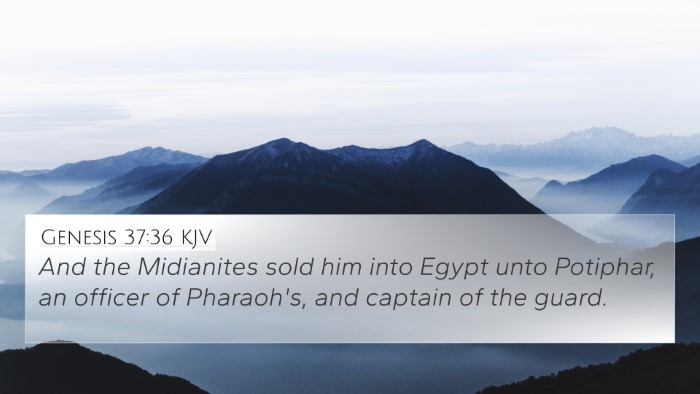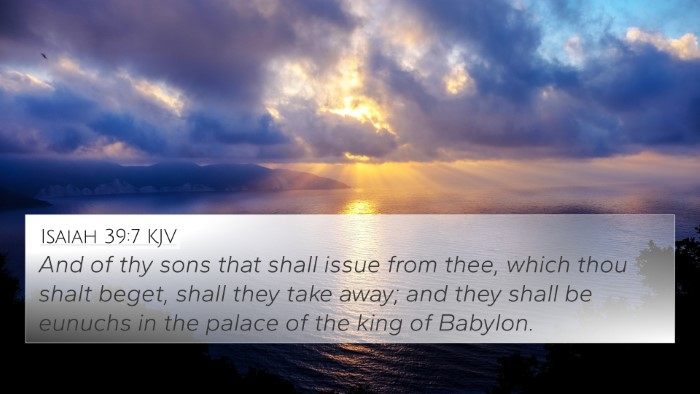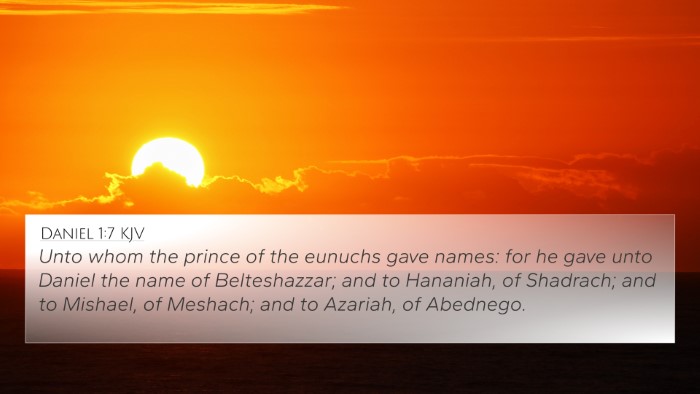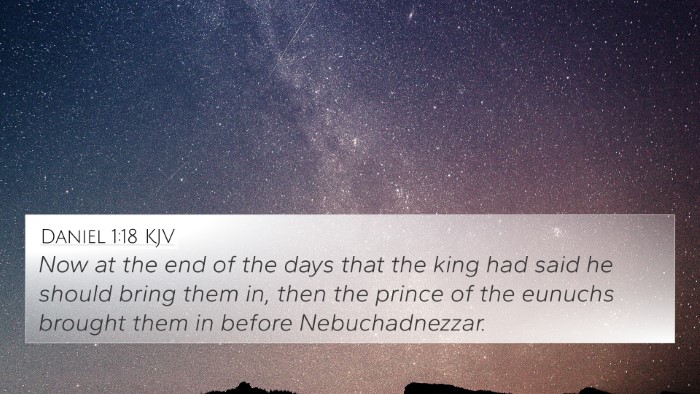Understanding 1 Samuel 8:15
The verse "And he will take the tenth of your seed, and of your vineyards, and give to his officers, and to his servants" (1 Samuel 8:15) presents a stark warning from the Prophet Samuel to the Israelites about the implications of choosing a king. This pivotal moment in Biblical history reflects the tension between divine monarchy and human governance.
Verse Context
In 1 Samuel 8, the Israelites demand a king to rule over them like other nations. This request signifies a rejection of God's leadership and prompts God to address their decision through Samuel. Here, the prophet conveys both the king's benefits and the grave costs of monarchy.
Commentary Insights
-
Matthew Henry:
Henry emphasizes that the Israelites' desire for a king reveals their lack of faith in God's provision. He argues that God had been their king, and appointing a human king would lead to exploitation and burden. Henry asserts that this imposition of taxes on the people was a forewarning of the tyranny they would face under earthly rulers.
-
Albert Barnes:
Barnes elaborates on the financial implications of an earthly king. He interprets the “tenth of your seed” as a literal taxation that would drain resources from the people, illustrating the heavy burden of a monarchy. This passage serves as a lesson on the potential for human governments to overreach, drawing parallels to governance structures throughout history.
-
Adam Clarke:
Clarke discusses the nature of leadership as prescribed by God versus human authority. He highlights that while the community sought a visible leader, they overlooked the consequences of forsaking divine rulership. Clarke's analysis warns against placing faith in human institutions rather than divine guidance.
Cross-References
This verse connects with numerous other Scriptures, emphasizing its themes of governance, authority, and the consequences of rejecting God's sovereignty:
- Deuteronomy 17:14-15: Instructions on appointing a king.
- 1 Samuel 8:6-7: The condition of Israel's demand for a king.
- 1 Samuel 10:17-19: Samuel gathers Israel to proclaim their king.
- 1 Samuel 12:12-15: Samuel warns against the consequences of rejecting God as king.
- Isaiah 30:1-2: A warning against seeking human alliances instead of divine counsel.
- Hosea 13:11: God’s response to Israel’s desire for a king.
- Proverbs 29:2: The righteousness of a king brings joy; the wicked causes sorrow.
- Ecclesiastes 5:8-9: The oppression that may come from rulers.
- Matthew 20:25-28: Jesus speaks about servant leadership as opposed to earthly authority.
- Romans 13:1-2: Paul discusses the role of governing authorities.
Thematic Connections
This verse invites readers to explore the overarching theme of divine vs. human authority. The Israelites' transition from a theocratic system to monarchy raises essential questions about governance and obedience to God. These themes are echoed throughout Scripture, inviting comprehensive Bible cross-reference materials for deeper study.
Tools for Bible Cross-Referencing
- Utilizing a Bible concordance to locate similar themes.
- Employing a Bible cross-reference guide for studying connections.
- Engaging in cross-reference Bible study to uncover relational dynamics between verses.
- Adopting cross-referencing Bible study methods for sermon preparation.
Conclusion
The critical examination of 1 Samuel 8:15 provides vital insights into the recognition of God’s sovereignty versus worldly authority. It serves as a cautionary tale about the nature of human governance and its implications for believers. Through the lens of Biblical cross-referencing, this passage opens a dialogue that spans both the Old and New Testament, enriching our understanding of Scriptural themes and God's enduring covenant with His people.







